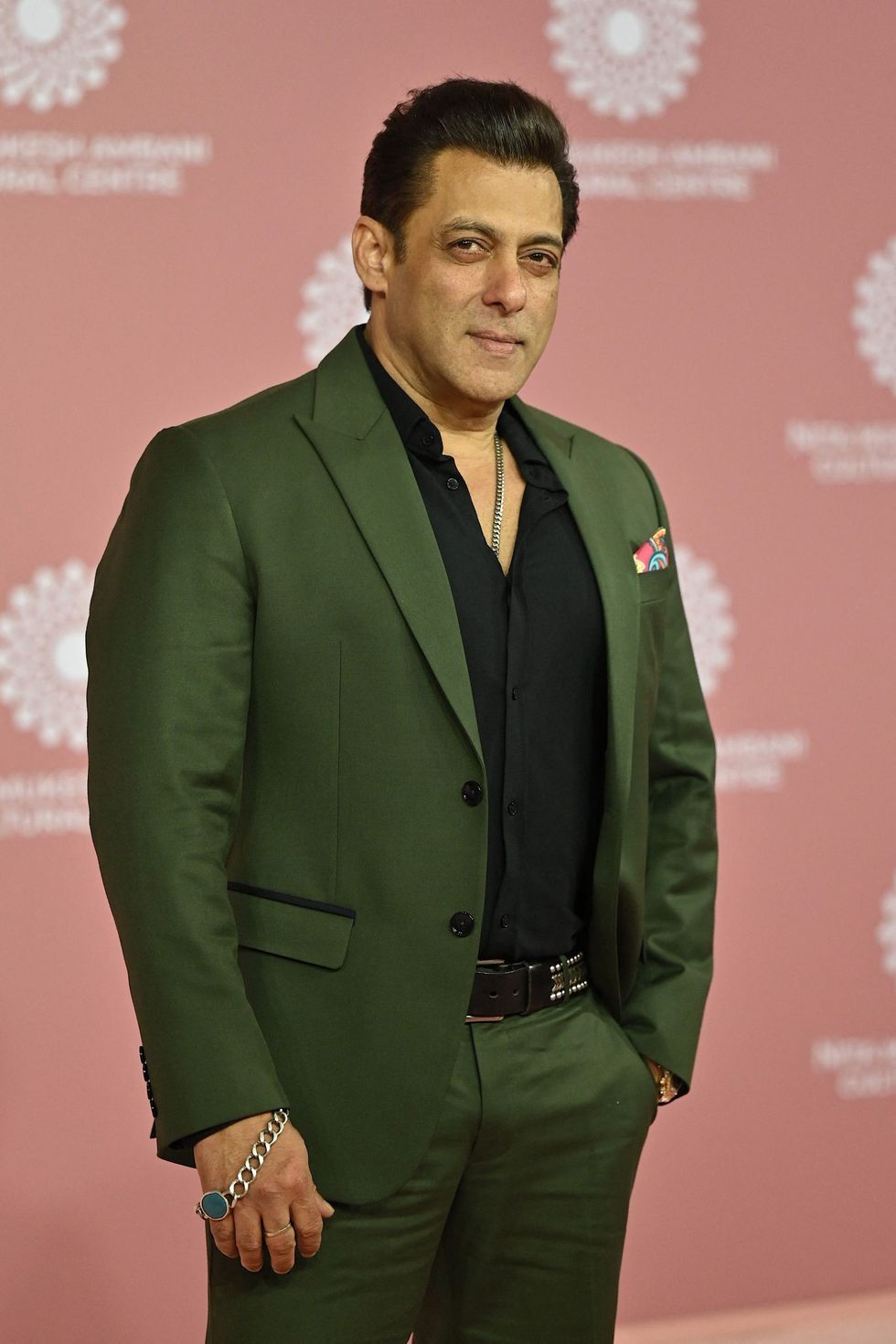Major Hindi movies are usually not released during Ramadan because most Muslims won’t be going to cinemas.
That lack of movies available means that audience numbers from other faiths decline during the same time. Audiences flocking back to cinemas on Eid combined with more screens being made available globally has turned that into one of the most lucrative Bollywood release dates in the calendar.
The actor who most benefitted from this was Salman Khan, who had blockbusters on Eid every year from 2009 to 2016, except 2013, when Shah Rukh Khan scored a big success with Chennai Express. Like a lot of things, Hindi cinema took that date for granted and stopped thinking about quality. This has led to Bollywood absolutely ruining Eid in the past seven years. The prime offender has been Salman, someone who comes across like he now owns that release date.

It all started to go wrong with his historical stinker Tubelight failing to shine on that date in 2017. The actor, who is powerful enough to take over Eid in cinemas, then headlined an even worse 2018 film Race
3, which was a colossal disaster. Not seemingly content with ruining Eid two years in a row, the actor made it a hattrick of flops with 2019 movie Bharat, which was a rubbish Indian adaptation of 2014 South Korean drama, Ode to My Father. Audiences were given a break from his nonsense in 2020, when the Eid release date was cancelled due to cinemas being shut because of Covid-19.
Despite the pandemic shutting down most cinemas in 2021, Salman was desperate to reclaim Eid and released terrible film Radhe, which turned out to be his biggest failure on that date.
After four failures in five years, the actor stepped back in 2022, but that opened the door for Ajay Devgn starrer Runway 34 and Heropanti 2, with Tiger Shroff in the lead role. Both movies became huge box office disasters, despite there being a huge demand from audiences. Producers of both movies realised the hard way that audiences have more choices than ever before and won’t waste their time watching any old rubbish. A big contributing factor has likely been the huge failures Salman has been delivering on that date in recent
years. That downward Eid death spiral will continue with Kisi Ka Bhai Kisi Ki Jaan, which
comes out next Friday (21). The ageing actor has produced and plays the lead in an action-drama pretty much everyone can seemingly see will be a huge failure, except Salman himself.
The movie previously titled Kabhi Eid Kabhi Diwali has everything imaginable working against it.
Firstly, it is a Hindi adaptation of 2014 Tamil film Veeram, releasing at a time when nearly all Bollywood remakes are failing at the box office. Producer Sajid Nadiadwala had obviously seen the project was flawed because he reportedly walked away from it. It is directed by terrible filmmaker Farhad Samji, who has little story sense and an awful track record. But perhaps the biggest weakness is lead star Salman, who seems to think playing a romantic lead at 57-years-old opposite a heroine (Pooja Hegde) young enough to be his daughter is a winning idea. The promos for the movie, including the forgettable songs with his dad dancing have been cringeworthy. This has included one earache inducing song, he has sung himself. All of this has pretty much guaranteed that he will ruin Eid for Bollywood fans again this year. It won’t be the end because he has reportedly already locked Eid for 2024, which means the holiday will likely carry on being destroyed by a deluded star who has lost his shine.




